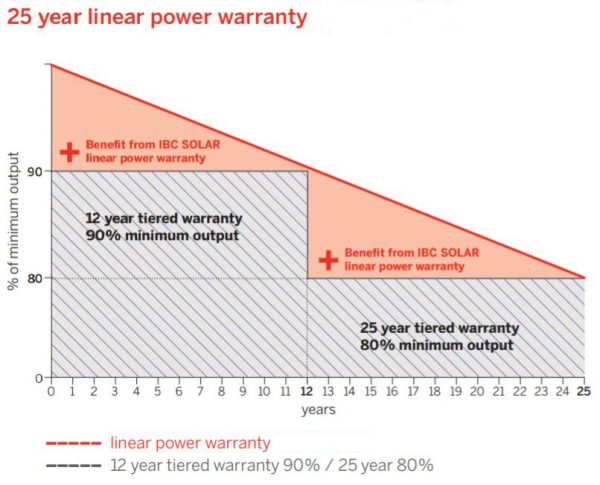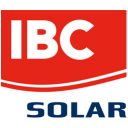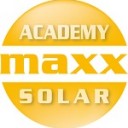Comparing solar panels
How do you compare solar panels? Here is some helpful information and tools to help you compare and make the best decision for you.
There are a great variety of solar panel brands available on the South African market. This makes it even more difficult to choose - the bigger the variety, the more difficult the choice.
We will look at 5 different aspects to consider when looking at solar panels for you home or solar panels for your business.
1. Solar panel manufacurer.
Bloomberg maintains a list of panels that are called the "Tier one list" of solar panel manufacturers. Tier one are the big brands, with a good reputation for high quality and performance. Big solar farms and commercial solar plants require that the panels are from a Tier 1 manufacturer. Getting your panels from a Tier 1 manufacturer is a very low risk choice.
To qualify for the Bloomberg Tier 1 list, and listed in order of accomplishment, a manufacturer needs to prove:
- At least 6 different projects of 1.5 MW’s or more in the past 2 years
- Which have received non-recourse debt financing by 6 different banks (where available – otherwise additional documentation is needed)
- Manufacturers need to own production facilities and the brand name
- Cannot have filed bankruptcy, insolvency, or defaulted on bond payments
Tier 1 manufacturers include: Canadian Solar, Suntech, Trina, SunPower, Renesola, JA Solar, Hanwha QCells and REC to name a few.
Unless you really know the solar panel manufacturers, purchasing panels not on the tier one list could be riskier. This is becuase, the smaller the companies are, the less likely they are to be around in the future, to honour any warranty claims.
2. Solar panel warranty
Solar panels come with two types of warranty:
- Performance warranty
- Manufacturers warranty
Performance warranty
As panels age, they naturally lose power output capacity. Normally the loss is about 0.8% per year. This performance warranty states that if your panel has less power output than what it should have naturally after a duration of time, you can claim a replacement panel.
Generally all manufacturers offer a 25 to 30 year warranty. Generally, one would not come across a panel with a warranty of less than 25 years.
This warranty is not the most important warranty. It is very rare for a panel to lose power output capacity in excess of the norm. Proving performance loss is very difficult, and easy for manufacturers to get out of.

Manufacturers warranty
The more important warranty is the manufactures warranty, also sometimes called the product warranty.
A solar panel’s product warranty covers the integrity of the panel itself and protects you against problems such as manufacturing defects, premature wear and tear, etc.
Rather compare panels on this type of warranty. Do not buy a solar panel that has a manufacturers warranty of less than 10 years.
3. Efficiency
The more efficient a solar panel, the more power can be produced per square meter of available roof space. If your roof space is at a premium, for the amount of power you need, then it is important to rather go for more efficient panels.
It does cost a premium though, to go for the more efficient panels. Efficiency can range from 14% to 22% for poly crystalline type solar panels.
4. Power Tolerances
The power output of each solar panel always varies a bit from another, even when they are from the same batch, or of the same model of a manufacturer. If, for example, a panel has a power rating of 300 Watt, and a power tolerance of +/- 5 Watt, this means that the actual power output of a panel could be anything from 295 Watt to 305 Watt.
Nowadays, all high quality solar panels have a positive only power tolerance. That means a panel rated at 300 Watt, will never produce less than 300 Watts (under standard test conditions), but always more than 300 Watts.
5. Temperature Coefficient
Solar panels love sunlight, but not heat. The hotter they get, the lower their power output gets. A solar panels' temperature coefficient indicates how much a panel´s power output is reduced for each degree of temperature increase in cell temperature. Generally it ranges from -0.33% per degree Celsius (good) to -0.5% per degree Celsius (not so good).
This has a big influence on solar panels. On a hot day solar cells can operate at up to 80 degrees Celsius. Panels are tested and rated at 25 degrees Celsius. Thus 80 minus 25 equals a 55 degree temprature difference. So 55 x 0.5% = 27.5 % effect on power output. So it makes difference choosing a panel with lower temperature coefficient.
Need some help to compare solar panels? Would you rather get help from a qualified installer?
The most important decision is, to choose a competent installer. All our installers were trained a the Maxx-Solar Academy, to the highest German standards and best practices.
A good installer will be able to help you compare different solar panels and recommend the best option for you. It is not only the price that is important but also other factors like after-sales support, reliability of the equipment and actual performance of the solar panel in the field. A good installer will be able to know this through actual experience.
Click here to request a quote/consultation
07.11.2019 | Schlagwörter: Compare solar panels

